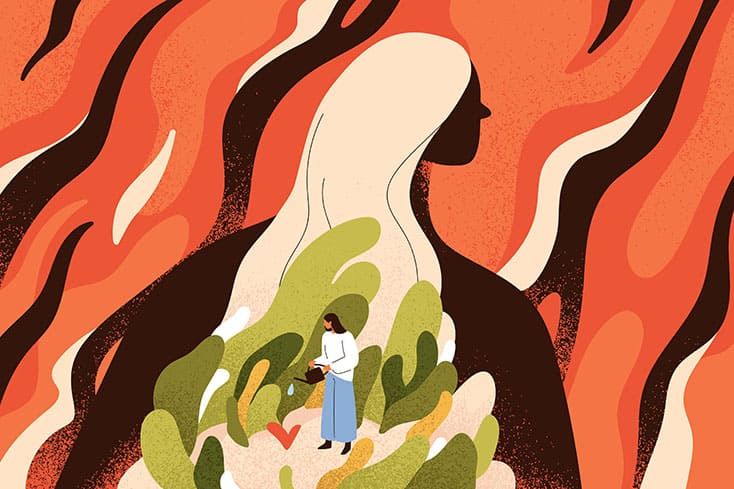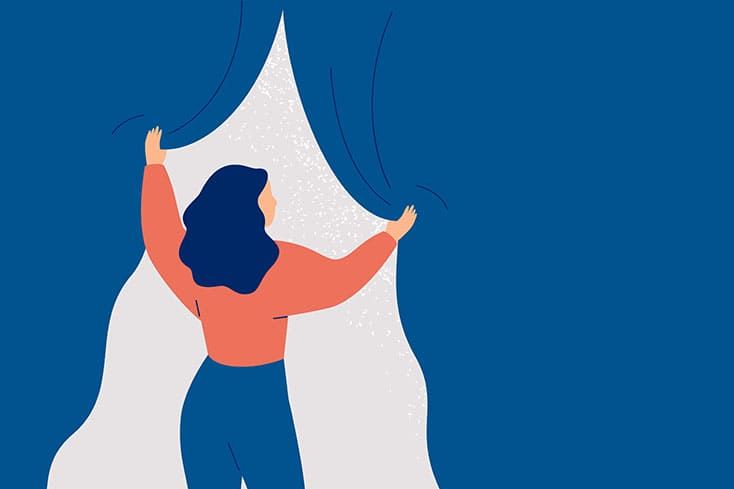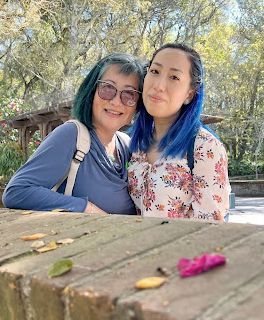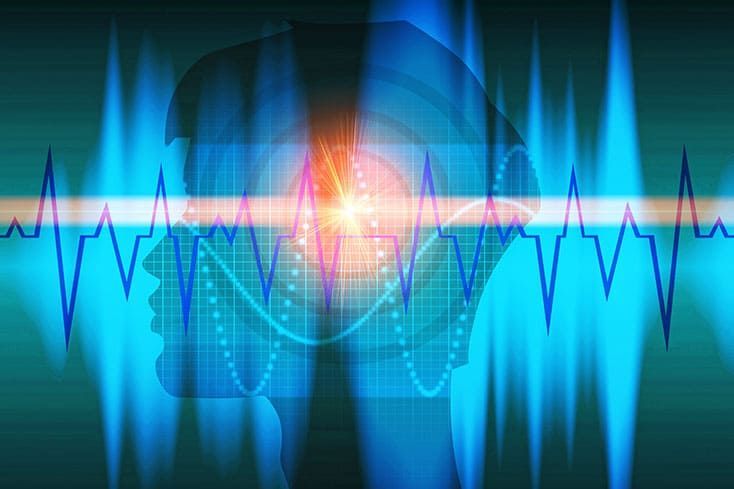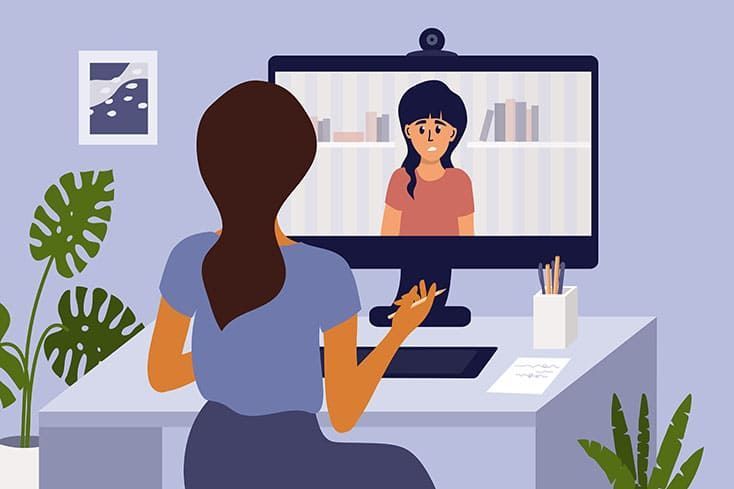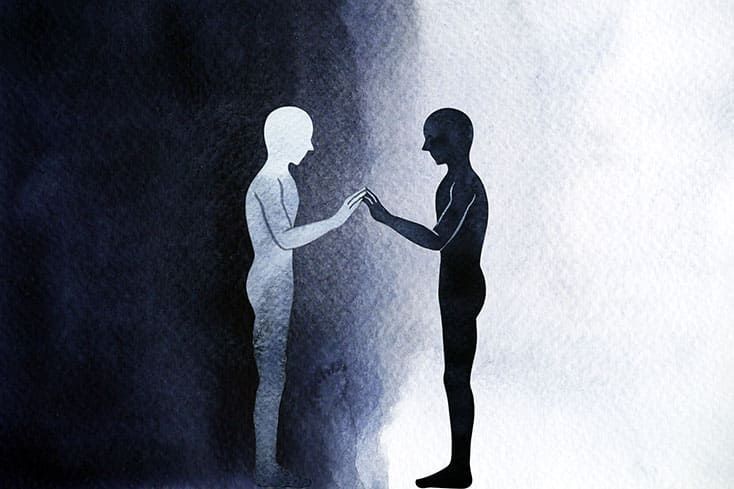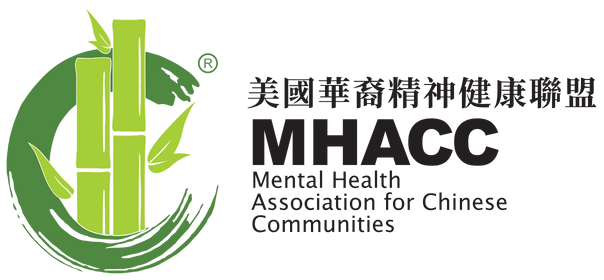AAPI群体精神健康问题概述|Overview of Mental Health Issues in the AAPI Community
MHACC 雙語部落格 Bilingual Blog
Scroll down for the English Version ⬇️
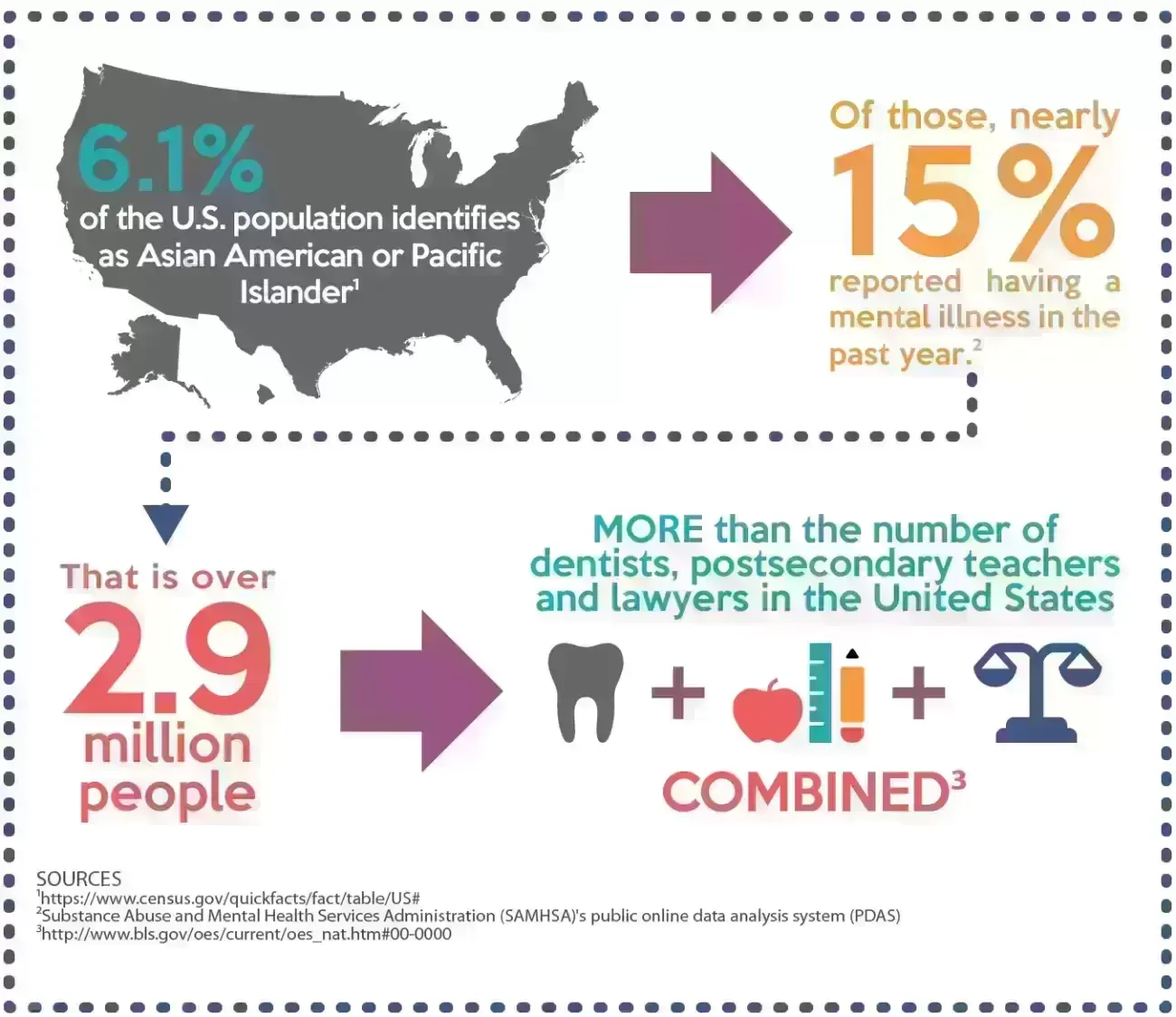
“AAPI”一词代表了一个多样化的群体,涵盖了多个国家、民族和身份认同,每个群体都面临着独特的挑战。这些挑战包括但不限于东南亚战争中的历史创伤、二战期间日裔美国人的拘留,以及第一代移民子女在保持文化遗产和美国生活之间寻找平衡所面临的挑战。
在美国,AAPI社群在身份认同和系统性挑战中寻求方向,包括“模范少数族裔”神话,这一神话基于种族赋予人智力,并歪曲了个别社群的多样性和特有挑战。
AAPI社群的心理健康也受到多种基于种族的问题的影响:
“永久外籍人”刻板印象是指某人被假定为外国出生或不会说英语,促成了孤立。
第一代移民经历的创伤可能会传递给后代。
围绕心理健康的污名化很严重,常常阻止个人寻求帮助。
一家名为国家亚裔妇女健康组织(NAWHO)的机构赞助了一项研究:打破沉默:亚裔美国女性抑郁症研究。Breaking the Silence: A Study of Depression Among Asian American Women. 这项研究发现:
亚裔美国女性的自尊常因不切实际的期望而受到影响。
亚裔美国女性对家庭中的精神健康问题保持沉默。
亚裔美国女性担心自己和家人会因为心理健康问题而受到污名化。
美国物质滥用与心理健康服务署(SAMHSA)的全国药物使用和健康调查显示 SAMHSA’s National Survey on Drug use and Health,亚裔美国人、太平洋岛民和夏威夷原住民后裔青年的心理健康问题正在增加。
“2008年到2018年间,18至25岁AAPI人群中严重心理疾病(SMI)的比例从2.9%(47,000人)上升到5.6%(136,000人)。”
“AAPI青年中的自杀想法、计划和尝试也在增加。”
然而,由于强烈的污名化和语言障碍,亚裔美国人很少寻求专业的心理健康治疗。此外,AAPI历史上在获取医疗保健和保险方面面临困难。
“在寻求心理健康服务方面,AAPI成人是最不可能寻求帮助的种族群体——比白人同龄人少3倍。least likely to seek mental health services”
请通过下面的链接查看更多提供给亚裔美国人和太平洋岛民社区的资源:
原文由心理健康美国(MHA)撰写。
Original article written by Mental Health America (MHA)
~~~
The term "AAPI" represents a diverse group spanning a variety of countries, ethnicities, and identities, each with unique challenges. These include but are not limited to the historical traumas of wars in Southeast Asia, the internment of Japanese Americans during World War II, and the challenges faced by first-generation immigrant children balancing cultural heritage with American life.
In the U.S., AAPI communities navigate the complexities of identity and systemic challenges, including the "model minority" myth, which assigns intelligence to a person based on their race and misrepresents the diversity and challenges specific to individual communities.
Mental health within AAPI communities is also influenced by a multitude of race-based issues:
- The "Perpetual Foreigner" stereotype occurs when someone is assumed to be foreign-born or unable to speak English, fostering isolation.
- First-generation immigrants who have experienced trauma may pass down such trauma to future generations.
- Stigma around mental health is significant, often preventing individuals from seeking help.
An organization known as National Asian Women’s Health Organization (NAWHO) sponsored a study:
Breaking the Silence: A Study of Depression Among Asian American Women. This study found…
- Low self-esteem among Asian-American women is often facilitated by unrealistic expectations.
- Asian-American women remain silent on depression that is witnessed within their families.
- Asian-American women fear stigma for themselves and more so for their family.
SAMHSA’s National Survey on Drug use and Health states that mental health issues are increasing for young adults of Asian American, Pacific Islander, and Native Hawaiian descent.
- “Serious mental illness (SMI) rose from 2.9 percent (47,000) to 5.6 percent (136,000) in AAPI people ages 18-25 between 2008 and 2018.”
- “Suicidal thoughts, plans, and attempts are also rising among AAPI young adults.”
However, due to intense stigma and language barriers, Asian Americans rarely seek out professional mental health treatment. Additionally, AAPIs have historically faced difficulties accessing health care and insurance.
- “AAPIs adults are the racial group least likely to seek mental health services - 3 times less likely than their white counterparts.”
Please see the link below to view more resources available to Asian American and Pacific Islander Communities:
Original article written by Mental Health America (MHA)






